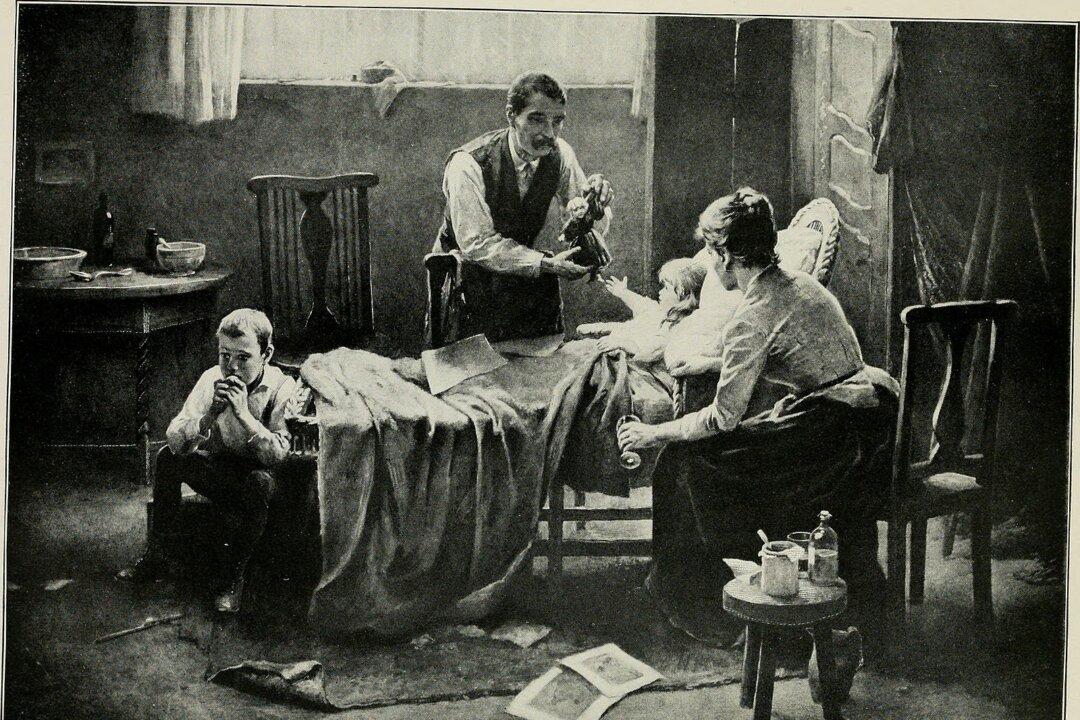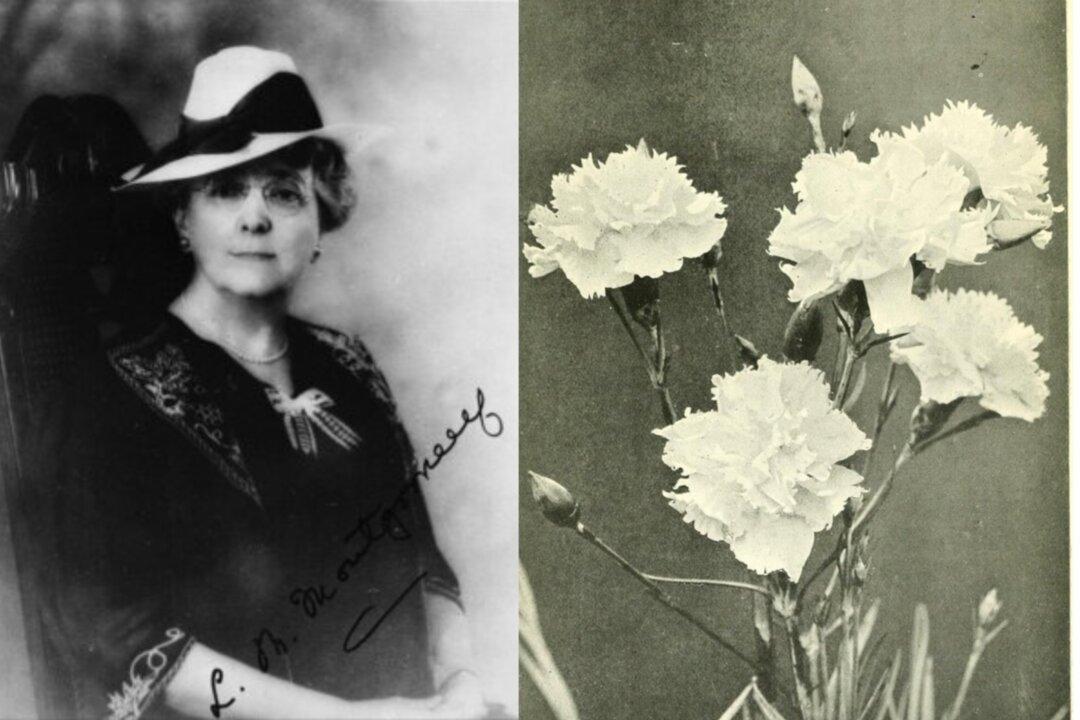With everyone getting sick at this time of year, it is crucial to keep a sense of humor. Rather than whining about the aches and pains, finding the humor in our human condition proves far more remedial.
Such is the attitude with which Mark Twain approaches illness in his short story “Curing a Cold.” He tells how he contracted a cold one day and the plethora of remedies with which he tried to cure it. Through his many attempted remedies (which definitely shouldn’t be imitated), he seeks to instill a sense of humor in sickness.






